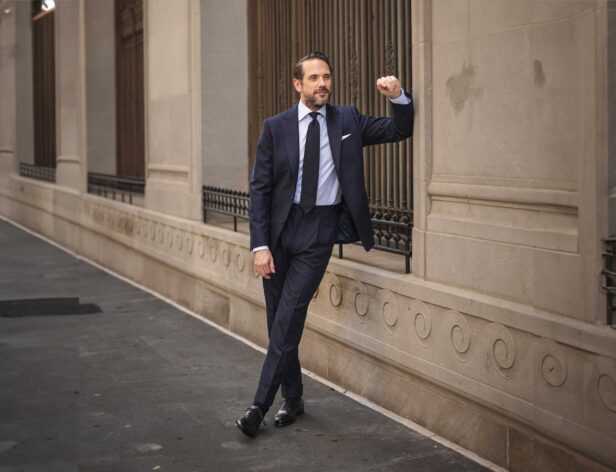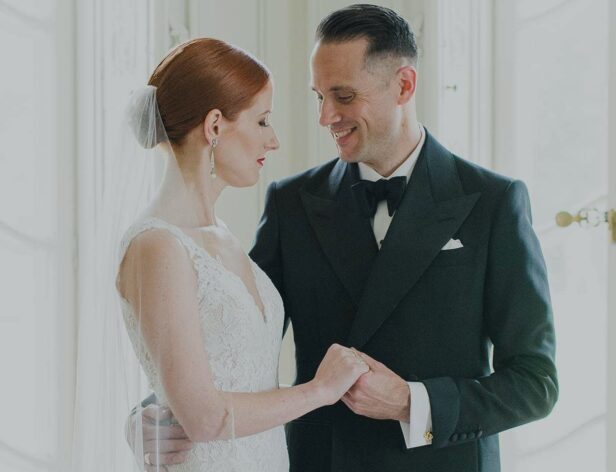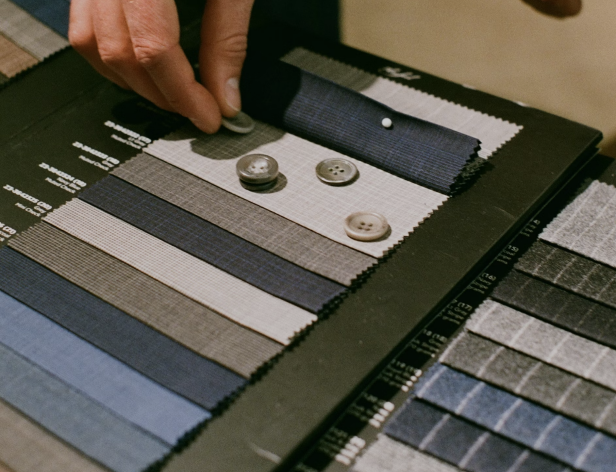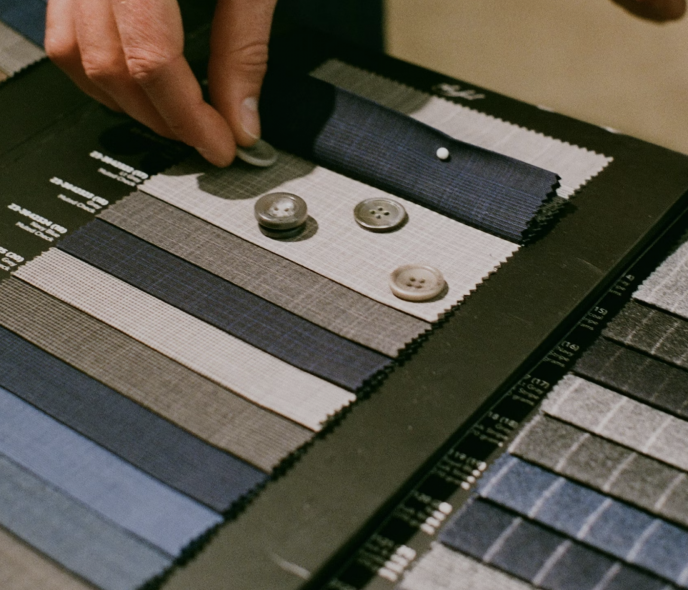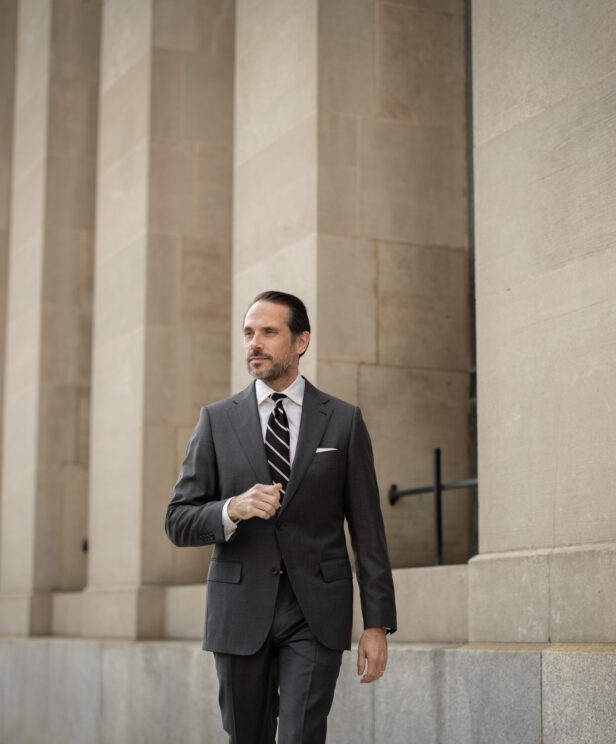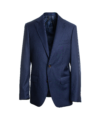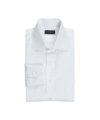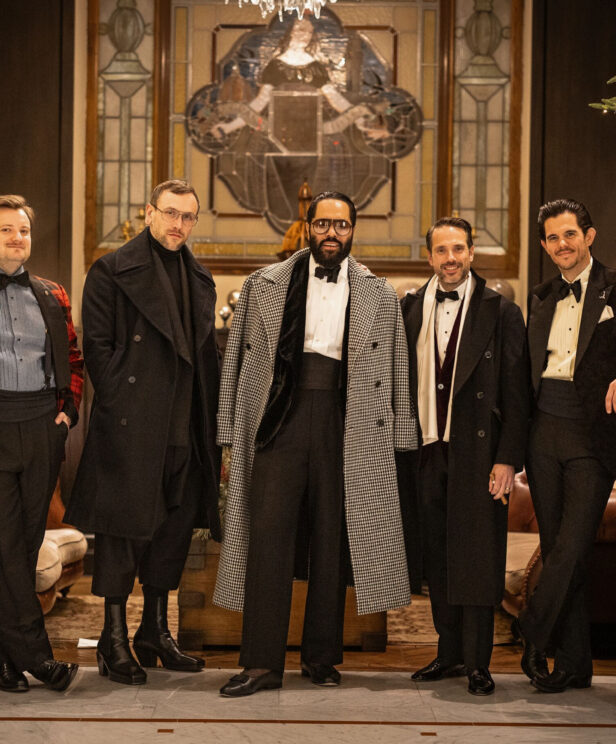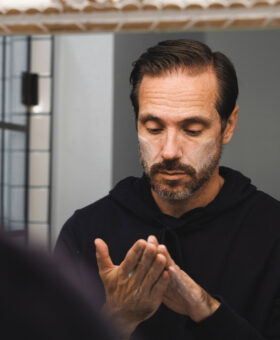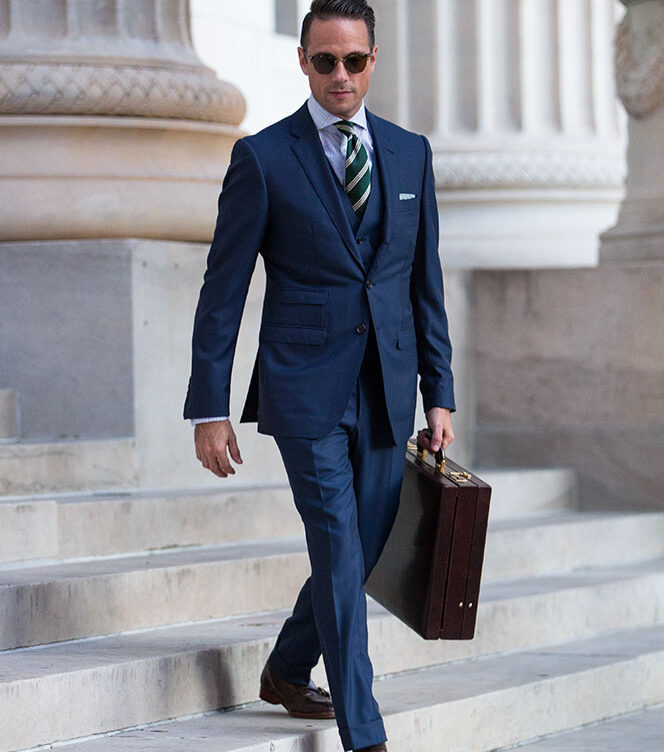
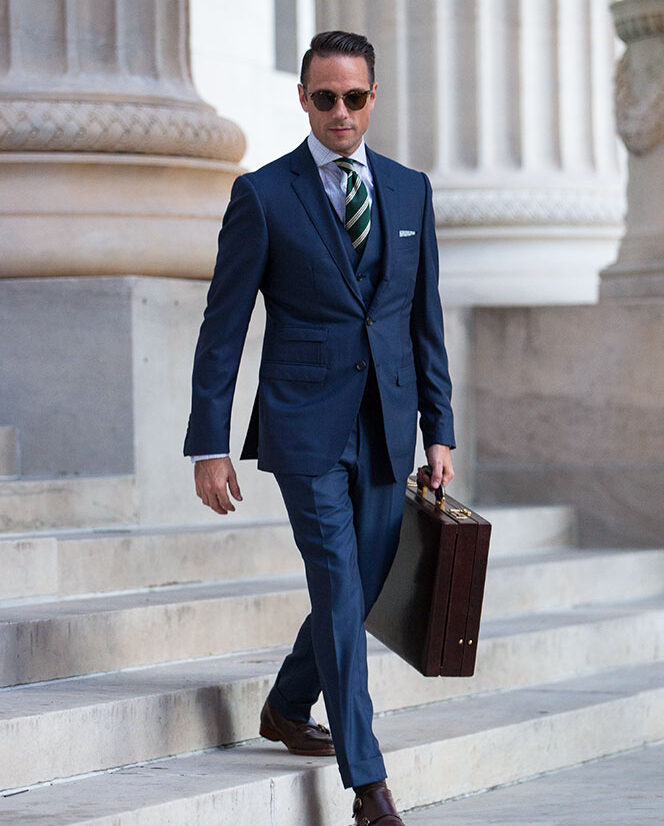
Share
The attaché case was named for the case’s carrier – in France an attaché is an assistant to an ambassador.
The attaché case was created as a way to securely carry documents, valuables, or other objects. An attaché case is typically made of leather stretched over a box frame, but there are exceptions where aluminum or other materials are used. An attaché case comes with locking mechanisms to prevent opening by parties who do not have the combination or key.
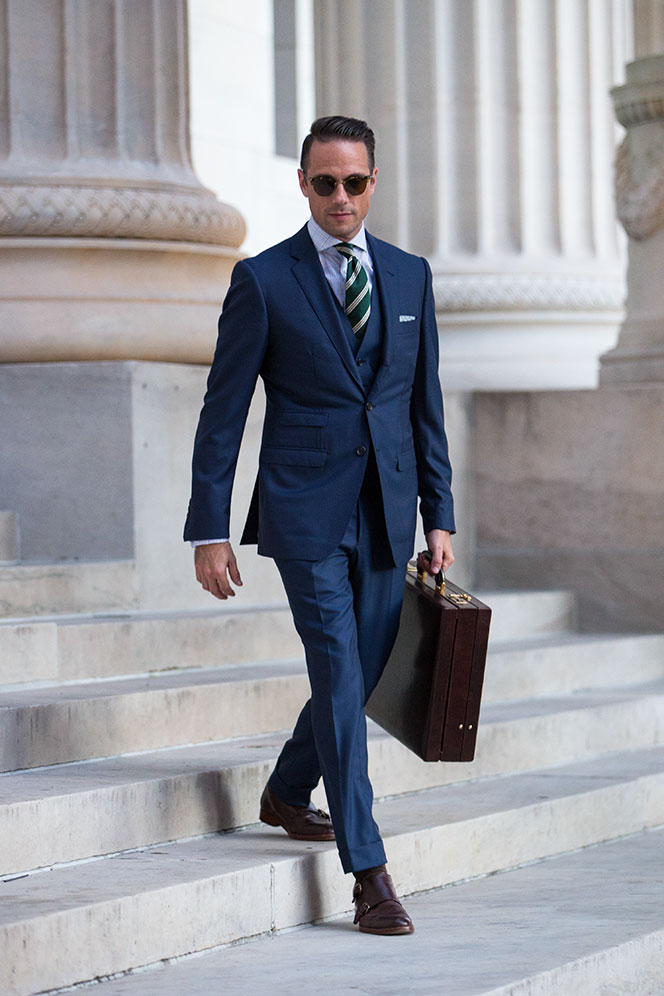
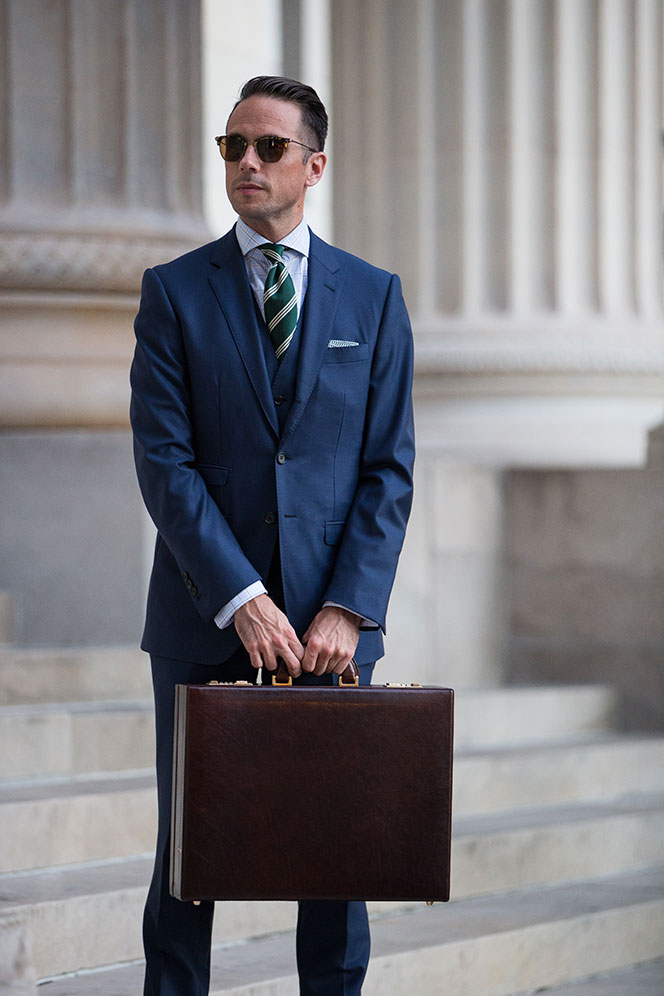
| WEARING | QG Custom suit, Shirt c/o Eton, Attaché case c/o Maxwell Scott, Seaward and Stearns tie, Oliver Peoples sunglasses, Shoes c/o Coach | PHOTOGRAPHY | by Rob McIver Photo
As you might expect from its accented letter ‘E’, the attaché case got its name from France. It refers directly to the carrier of the case. In France, an attaché is an assistant to an ambassador. This assistant is charged with carrying personal and professional information, typically of a secret nature, for the ambassador.
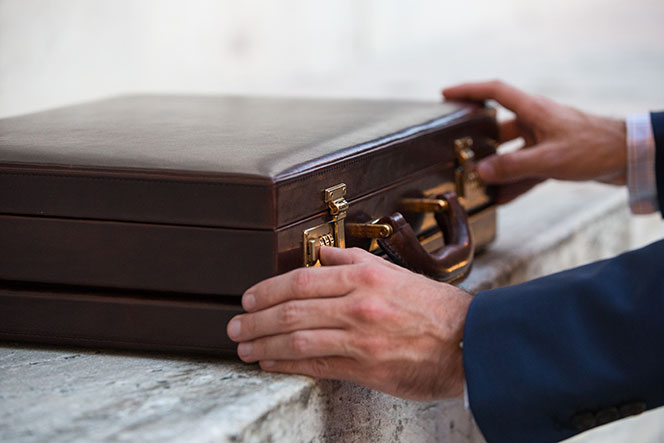
What’s the difference between an attaché case and a briefcase?
Similar to the attaché case is the briefcase. The briefcase was designed for the same reason and, in most ways, is the same as the attaché case. The word “brief” comes from the legal documents that lawyers would carry to and from their offices and court. Like diplomatic papers, they needed to be protected during transport for security reasons.
There are a number of debates about the differences between the briefcase and the attaché case. Many say that they are, in fact, the same thing with two different names. Others claim that the attaché case is slimmer in appearance, but that may just be the sleek French wording that makes it sound more “fashionable.”
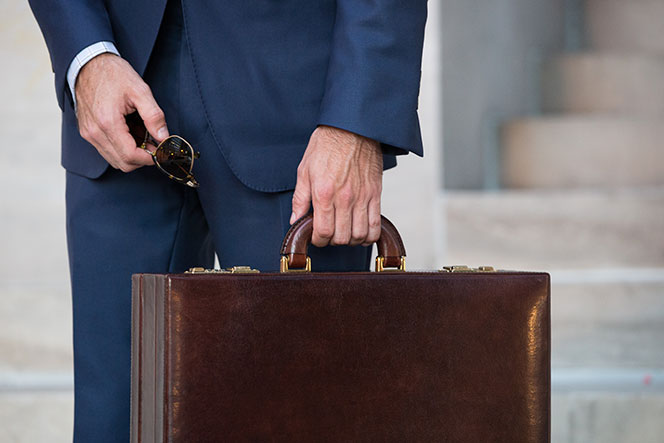
HSS Style Advice: For our purposes, let’s consider the attaché case to be like the one pictured in this post – boxy and leather with combination locks. Unlike a briefcase, which can be made of more casual materials such as cotton twill or canvas, an attaché case is always decidedly more professional and mature.
It should match your wardrobe – an attaché case was made to be carried when wearing a well-tailored suit – as well as your profession. Carry one if you’re in a line of work where it would be appropriate – lawyer, finance, government, business executive, or secret agent.
Thanks for reading.
Stylishly Yours,
Brian Sacawa
He Spoke Style
Menswear history buff? Read more of our Style Defined series and explore the Glossary.
